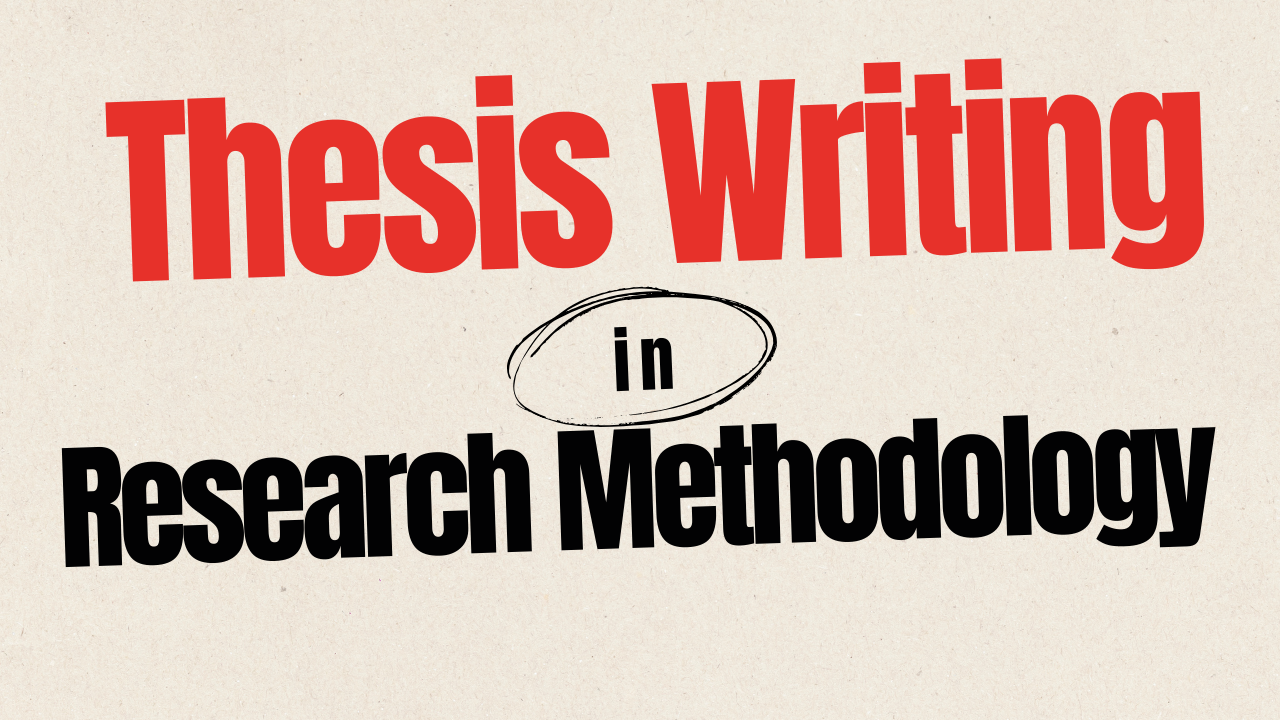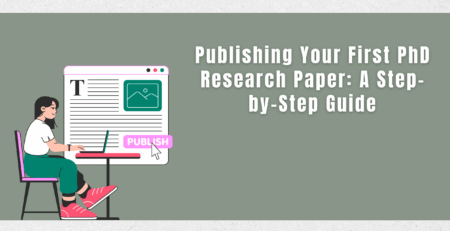08Jan

Thesis writing is an integral part of any academic journey, particularly for PhD and master’s students. It is a structured document that encapsulates your research findings, analysis, and conclusions, serving as a testament to your expertise in the chosen subject area. Thesis Writing in Research Methodology plays a crucial role in ensuring your work is methodologically sound and credible. This blog will guide you through the intricacies of Thesis Writing in Research Methodology, ensuring your work is well-organized and impactful.

Research methodology is the backbone of any thesis. It provides a systematic approach to solving research problems, ensuring that the study is credible and replicable. A well-defined methodology clarifies the research process, guiding readers through the techniques and procedures employed to collect and analyze data.
Clearly articulate the research question or hypothesis. This sets the stage for selecting an appropriate methodology.
Decide whether your study will be exploratory, descriptive, or experimental. Align this with your research objectives.
Provide a detailed explanation of how data will be collected. Include the instruments, participants, and procedures.
Describe how you plan to process and analyze the data. Mention any software or statistical tools you will use.
Highlight the measures taken to ensure the accuracy and consistency of your findings.
Explain how you have ensured the study adheres to ethical guidelines.
Start early and create a timeline to manage your workload effectively.
Use tools like mind maps or project management software to keep track of your progress.
Regularly consult your supervisor or peers for constructive feedback.
Ensure your thesis is free of grammatical errors and adheres to formatting guidelines.
Verify the originality of your work using advanced plagiarism detection software.
Thesis Writing in Research Methodology is a meticulous process that requires attention to detail, planning, and adherence to academic standards. By following the steps and tips outlined in this guide, Thesis Writing in Research Methodology becomes a structured approach to producing a thesis that not only showcases your research skills but also contributes valuable insights to your field.
If you’re looking for expert assistance in thesis writing, Kenfra Research offers comprehensive support to scholars, from topic selection to publication in Scopus and SCI-indexed journals. Contact us today to make your academic journey smoother and more rewarding!
AP EAMCET 2023: Final round of counselling begins for engineering aspirants; Direct link Andhra Pradesh State Council of Higher Education (APSCHE) The... read more
Devi Ahilya Vishwavidyalaya (DAVV): Devi Ahilya Vishwavidyalaya (DAVV), also known as Devi Ahilya University, is a prominent public university located in... read more

Publishing your First PhD Research Paper as a PhD scholar is a significant milestone. It's more than just a... read more
DET (Diploma Entrance Test) being conducted through MPOnline, which is likely a portal or platform related to the state of... read more
Why Choosing the Right Tools for Data Analysis in Your PhD is Crucial Stressed Out !! Selecting the right tool for... read more
The high number of applicants for the 4,600 talathi posts in Maharashtra, including engineers, PhD holders, and MBA graduates, reflects... read more

Publishing a research paper in a Q1 journal is a significant milestone for any scholar, as Q1 journal publications... read more
WhatsApp us
Leave a Reply